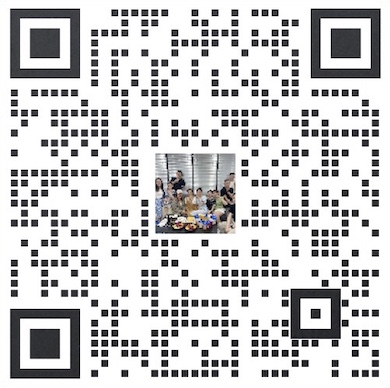
7x9小时
9:00am - 6:00pm
免费售前热线
13338363507
Overseas store system CRM security protection: a practical guide to log management and audit tracking
2024-04-07
Overseas store system CRM security protection: a practical guide to log management and audit tracking
In today's digital age, the security of customer relationship management (CRM) systems is of utmost importance for overseas stores. With the increasing number of cyber threats and data breaches, it is crucial for businesses to implement robust security measures to protect their CRM systems. One such measure is log management and audit tracking, which can help in identifying and mitigating security risks.
Log management involves the collection, storage, and analysis of log data generated by the CRM system. This includes information such as user activities, system events, and security incidents. By effectively managing logs, businesses can gain valuable insights into the security of their CRM system and identify any suspicious activities or unauthorized access.
Audit tracking, on the other hand, involves the monitoring and recording of user actions within the CRM system. This includes tracking changes to customer data, access to sensitive information, and system configurations. By implementing audit tracking, businesses can ensure accountability and traceability of user actions, thereby reducing the risk of insider threats and unauthorized access.
To effectively protect the CRM system, businesses should consider the following practical guide to log management and audit tracking:
1. Implement a centralized log management system: Businesses should invest in a centralized log management system that can collect and store log data from various sources within the CRM system. This will enable businesses to easily access and analyze log data, and identify any security incidents or anomalies.
2. Define log retention policies: Businesses should establish log retention policies to determine the duration for which log data should be retained. This will ensure that businesses comply with regulatory requirements and have access to historical log data for forensic analysis.
3. Monitor and analyze log data: Businesses should regularly monitor and analyze log data to identify any security incidents or abnormal activities. This can be done using automated tools and techniques to detect patterns and anomalies in log data.
4. Implement user activity monitoring: Businesses should implement user activity monitoring to track and record user actions within the CRM system. This will help in identifying any unauthorized access or suspicious activities by users.
5. Conduct regular audits: Businesses should conduct regular audits of the CRM system to review user actions, system configurations, and access controls. This will help in identifying any security gaps and ensuring compliance with security policies.
In conclusion, log management and audit tracking are essential components of CRM security protection for overseas stores. By effectively managing logs and tracking user actions, businesses can identify and mitigate security risks, and ensure the integrity and confidentiality of customer data. Implementing the practical guide to log management and audit tracking will help businesses in enhancing the security of their CRM system and protecting it from cyber threats and data breaches.
↓Scan code to addqiqueadviser↓

↑Learn more digital scenes↑
Extended Reading:
How to use the security information and event management system to realize real-time monitoring of overseas store system CRM? Overseas store system CRM security protection: establish a complete security audit and monitoring mechanism Discuss single sign-on technology and security risk prevention measures in overseas store system CRM CRM security protection for overseas store systems: best practices for session management and access control How to deal with account hijacking and forgery attacks? Identity security protection strategy for overseas store system CRM Overseas store system CRM security protection: application of IP filtering and secure network access control How to use biometric technology to improve the identity authentication security of overseas store system CRM? Overseas store system CRM security protection: single sign-on and identity authentication integrated solution Enhance the security of overseas store system CRM: access control strategy and permission division practice Overseas store system CRM security protection: discussion of rights management scheme based on RBAC more>>
Useful
Useless
Share on WeChat
Open within mini program
![]()
Open WeChat to "scan" and forward to friends
Open WeChat "Scan" and open it in the mini program
关闭预览


